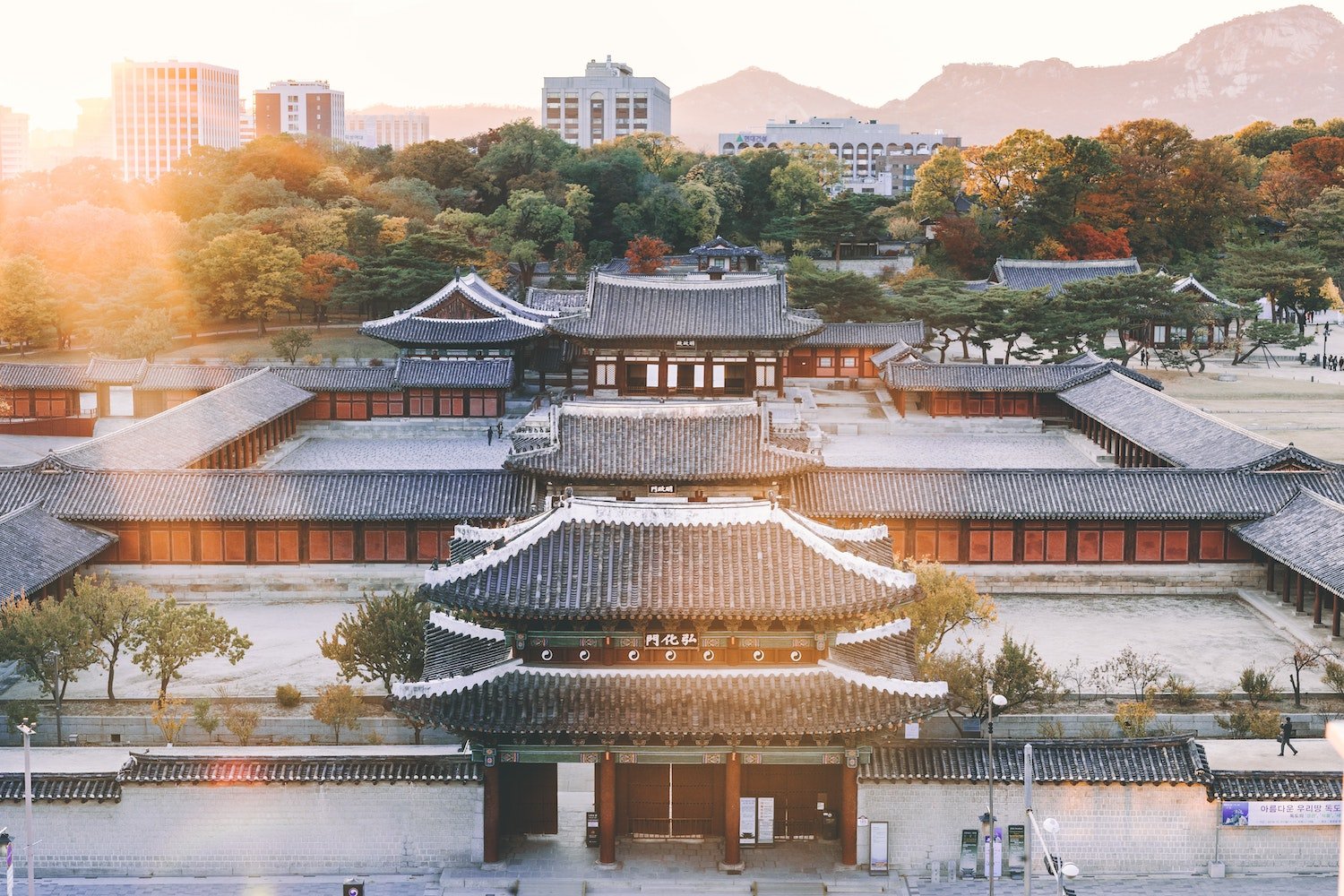As markets change, lockdowns are enforced and travelers face a wide variety of constantly-changing advice, the trajectory of the hospitality industry remains highly unpredictable. While this means a rapid recovery after COVID-19 could be on the cards, it also suggests the future will be full of many unforeseeable ups and downs.
So, months after we first started to see the impact of the coronavirus, what are the signals that hotel bookings are really in recovery - and what may just be a false dawn?
In this follow-up analysis to the countries we first saw in resurgence, we’ve seen the likes of Hong Kong and Singapore stall slightly, while South Korea continues to show encouraging signs in response to their successful crisis management policy. Are these changes wholly unexpected, and what can hoteliers do to push back against wider market trends?
Hong Kong: too much, too fast?
From being the primary example of a strong and effective COVID-19 response, Hong Kong has since become a hard lesson on the dangers of relaxing crisis measures too soon. Promising signs, including a large uptick in domestic travel, have quickly been replaced by a second wave of infections and an even stricter lockdown on movement. Bustling luxury hotels that had once been full of affluent travelers trying to escape social isolation have now been repurposed as quarantine centers. Instead of optimistic growth, Hong Kong’s total direct bookings have not only plateaued, but are potentially on the way back down.
Despite appearances, this is less a cause for concern and more a realistic illustration of the impact government lockdowns are having on the travel industry. Domestic travel has been resilient in the face of the coronavirus crisis, and in some cases domestic travel markets have been able to take advantage of the space vacated by international travel. Hong Kong’s initial rise was the result of their domestic bookings almost doubling from early February.
When cases of COVID-19 start to flatline, domestic hotel bookings elsewhere in the world will likely also be the first to rebound and hotels should be ready to take advantage of this. However, expectations need to be kept in check, lessons need to be learnt from countries like Hong Kong, and restrictions need to be lifted slowly as travelers begin to adjust to their new reality and change their booking behavior accordingly.
South Korea: is this the start of a real recovery?
Thanks to extensive testing, South Korea is perhaps the first country able to claim it’s got coronavirus under control - and despite the cautionary tale of Hong Kong, there’s certainly reason to be optimistic. Since the number of cases began to stabilize around March 10th, direct bookings have been steadily growing with hotels taking advantage of a similar increase in domestic travel seen elsewhere in the region.
The most encouraging sign when looking at South Korea is the sharp increase in conversion rate after the number of COVID-19 cases stabilized. This is a firm indication that guests are growing more confident in their ability to book. As each searcher has a higher propensity to convert, bookings for South Korean hotels are on the rise even though the total number of searches is declining.
Clockwise, from top left (all for South Korea): total direct bookers; domestic and international booking split; total searches; conversion rate.
Surprisingly, the conversion rate for South Korea is now higher than it was during the same period in 2019 - could this be a glimpse of what a post-coronavirus boom could look like? While it’s far too early to make those kinds of predictions it’s clear from this data that, while guests’ ability to book may have been curtailed, their desire to travel is only growing as social isolation drags on. If Hong Kong provides a warning against acting too soon, South Korea underlines the proven appeal of staycations and how important it is for hotels to be ready to capitalize on this demand as soon as the virus begins to stabilize.
Over the coming weeks, we’ll continue to release new analysis and regular updates on the crisis trends we see for hotels all over the world. We’re hoping our findings can help hotels regain a sense of control and predictability over their guest acquisition and conversion strategies. If you’d like to learn more or request specific advice for your hotel, please contact our team.
Graphs produced by Matt Reed
